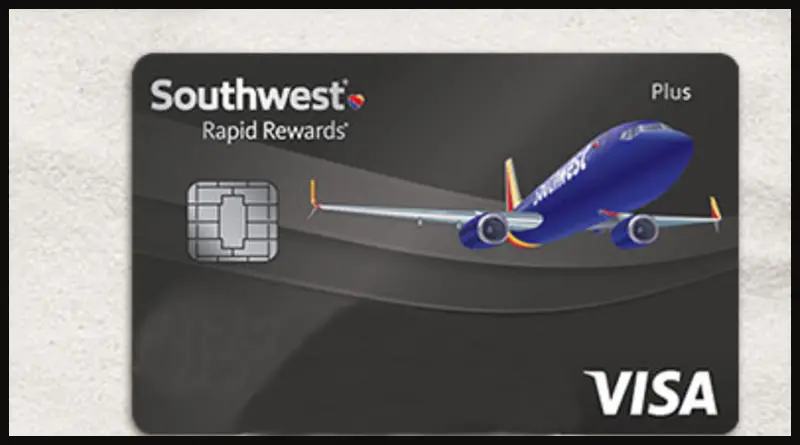Anyone who reads this site probably knows my position on rate errors, which is to say I think it’s wrong to take advantage of someone else’s mistake, even if a big travel company makes it.
So you can imagine how dismayed I was when I got a call from Howard Steinberg, who owns several Budget car rental franchises in the United States. Not only had one of his customers exploited a rate error, he says, but I had helped the traveler do it.
How’s that?
Well, to get up to speed on this story, here’s the Q&A column that started it all. It involved a reader named Brandon Chase who had received a mysterious phone call from Budget’s auditing department, notifying him of a billing error. Budget re-charged his credit card $85, apparently not giving him a discount it had promised.
I scolded Budget in the column for going back on its word. But it turns out I didn’t have the whole story. Even though I had contacted Budget, its only response was to offer the customer a refund. Otherwise, it had nothing to say. (I’ll have more on Budget’s silence and the meaning of it in a moment.)
The rest of the story
Steinberg called to fill in the gaps. As it turns out, Chase hadn’t negotiated any discount rate with the Budget Kansas City location when he rented his car, he told me.
“When Mr. Chase returned the vehicle, our rental agent erroneously entered the returning mileage of 8,727 into the discount field on the return rental agreement,” Steinberg says. “This error by our rental agent generated a total credit to Mr. Chase of $104.69 — $87.27 of time and mileage charges, $9.69 in airport concession fee, and $7.73 in sales tax. Mr. Chase was not entitled to this credit and he only received the credit because of our counter agent’s error.”
During a routine audit, the Kansas City location caught the mistake.
“Our staff in Kansas City contacted Mr. Chase and informed him that we had found the error and we were going to be charging him an additional $104.69 for this rental,” says Steinberg.
But that didn’t sit well with Chase, as we already know.
Mr. Chase contacted our Kansas City operation several times in February and March to complain about this charge.
On March 6th he contacted Budget Customer Service. On March 14th a letter was sent to Mr. Chase by Budget Customer Service. This letter reiterated what he had been told by our staff in Kansas City.
Even though it was quite evident to us that this was a discount that Mr. Chase was not entitled to, on March 15, 2012, we authorized a credit to Mr. Chase for $104.69.
In other words, that refund was the result of the back-and-forth between Budget corporate, the franchise, and the customer, and had nothing to do with me.
In our phone call, Steinberg made it clear that Chase knew he wasn’t entitled to the discount, but that he wanted it anyway. After all, a deal’s a deal.
The case over rates dismissed?
I’m unhappy that Chase didn’t tell me the full story. The fact that he knew he wasn’t entitled to the discount, and that it was the result of an agent error (a “fat finger” rate), probably would have changed how I covered this dispute.
I’m also unhappy with the way in which Budget corporate handled my mediation request. Because I handle a high volume of cases, I can’t follow up on each one and ask if a company wants to say “anything else” once it has fixed a problem. If they want to talk about a particular case they know where to find me, and they also know that my request for help puts them on notice that I may write something about the problem. (Here’s how to fix your own consumer problems.)
In Chase’s case, the real issue was the apparent breakdown in communication between the franchisee and Budget corporate. Even after the Q&A story appeared, the corporate PR department advised Steinberg to remain silent, because it would just bring more attention to this case.
I’m glad Steinberg chose to ignore Budget’s advice. His side of the story does indeed change the dynamic of this case, and I am sorry I wasn’t able to tell it to begin with.




